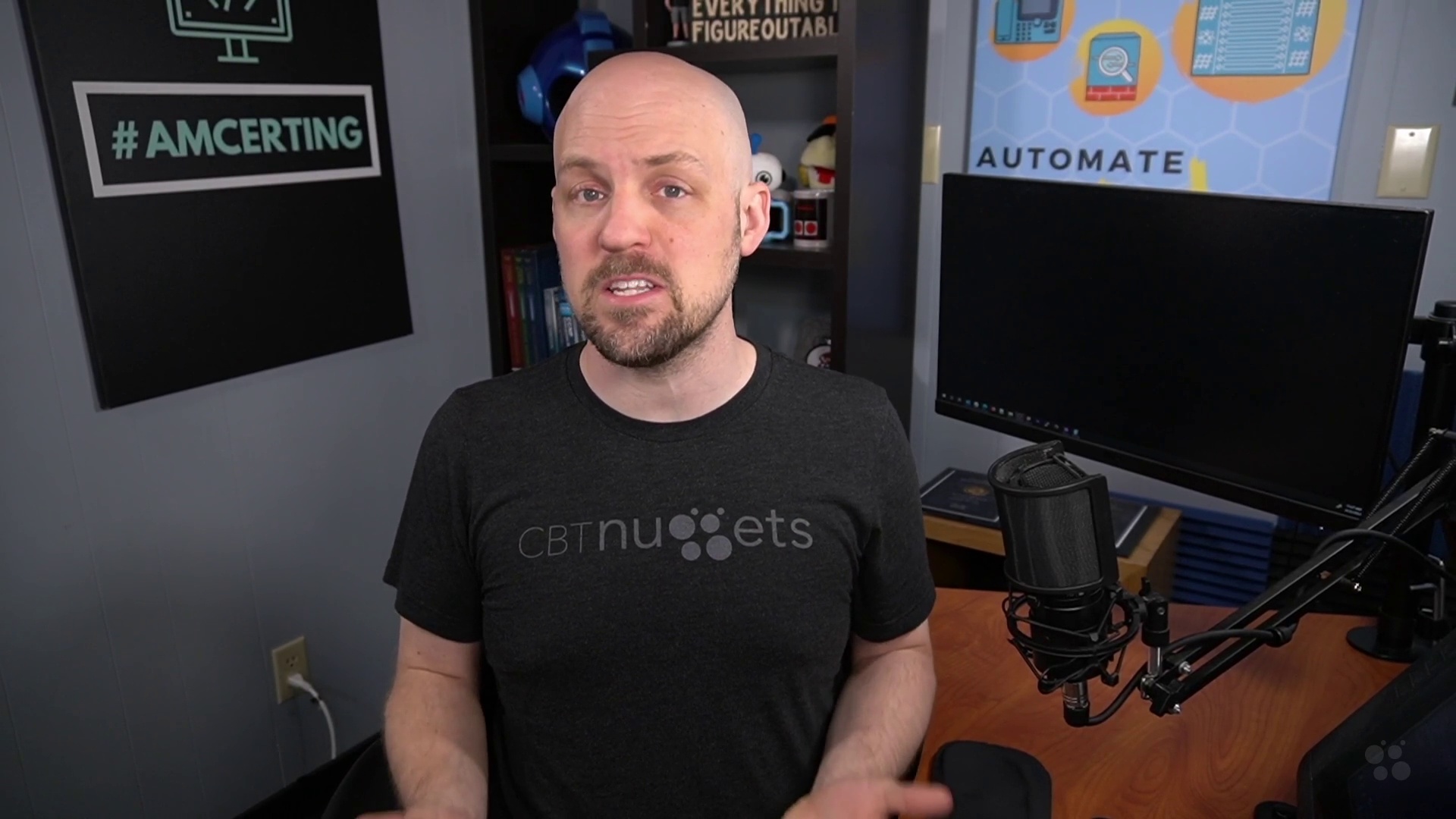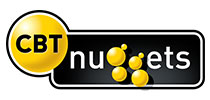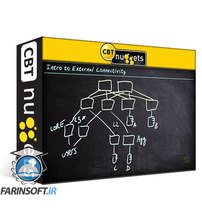در حال حاضر محصولی در سبد خرید شما وجود ندارد.

This entry-level Certified Wireless Network Administrator training covers the objectives in the CWNA-108 exam, which is the one required exam to earn the Certified Wireless Network Administrator certification.
For any network administrator whose career involves a focus on wireless technologies -- or may some day, Certified Wireless Network Administrator is the perfect certification. The CWNA cert is provided by Certified Wireless Network Professionals, and after taking the CWNA-108 exam, you'll know your way around every technology, device and problem a wireless network could throw at you.
در این روش نیاز به افزودن محصول به سبد خرید و تکمیل اطلاعات نیست و شما پس از وارد کردن ایمیل خود و طی کردن مراحل پرداخت لینک های دریافت محصولات را در ایمیل خود دریافت خواهید کرد.


کورس یادگیری 300-415 ENSDWI

کورس پیکربندی Cisco WLC HA and AP HA
--Explain-Enterprise-Network-Design-main-resized.jpg)
آموزش کامل 350-401 ENCOR : طراحی شبکه های Enterprise

Applying Cisco Data Center Security Online Training
--Identify-Cisco-SDWAN-Components-main-resized.jpg)
آموزش کامل 350-401 ENCOR : شناسایی اجزای Cisco SD-WAN
--Differentiate-Between-OnPremises-and-Cloud-Deployments-main-resized.jpg)
آموزش کامل 350-401 ENCOR : آشنایی با تفاوت های پیاده سازی Local و Cloud
--Verify-Data-Path-Virtualization-Technologies-main-resized.jpg)
آموزش کامل 350-401 ENCOR : یادگیری کامل تکنولوژی های مجازی سازی

آموزش متصل کردن ACI به شبکه های بیرونی
--Describe-LISP-main-resized.jpg)
آموزش کامل 350-401 ENCOR : آشنایی کامل با LISP

راهنمای طراحی Cisco SD-Wan برای مهندسان شبکه بی سیم سیسکو
✨ تا ۷۰% تخفیف با شارژ کیف پول 🎁
مشاهده پلن ها